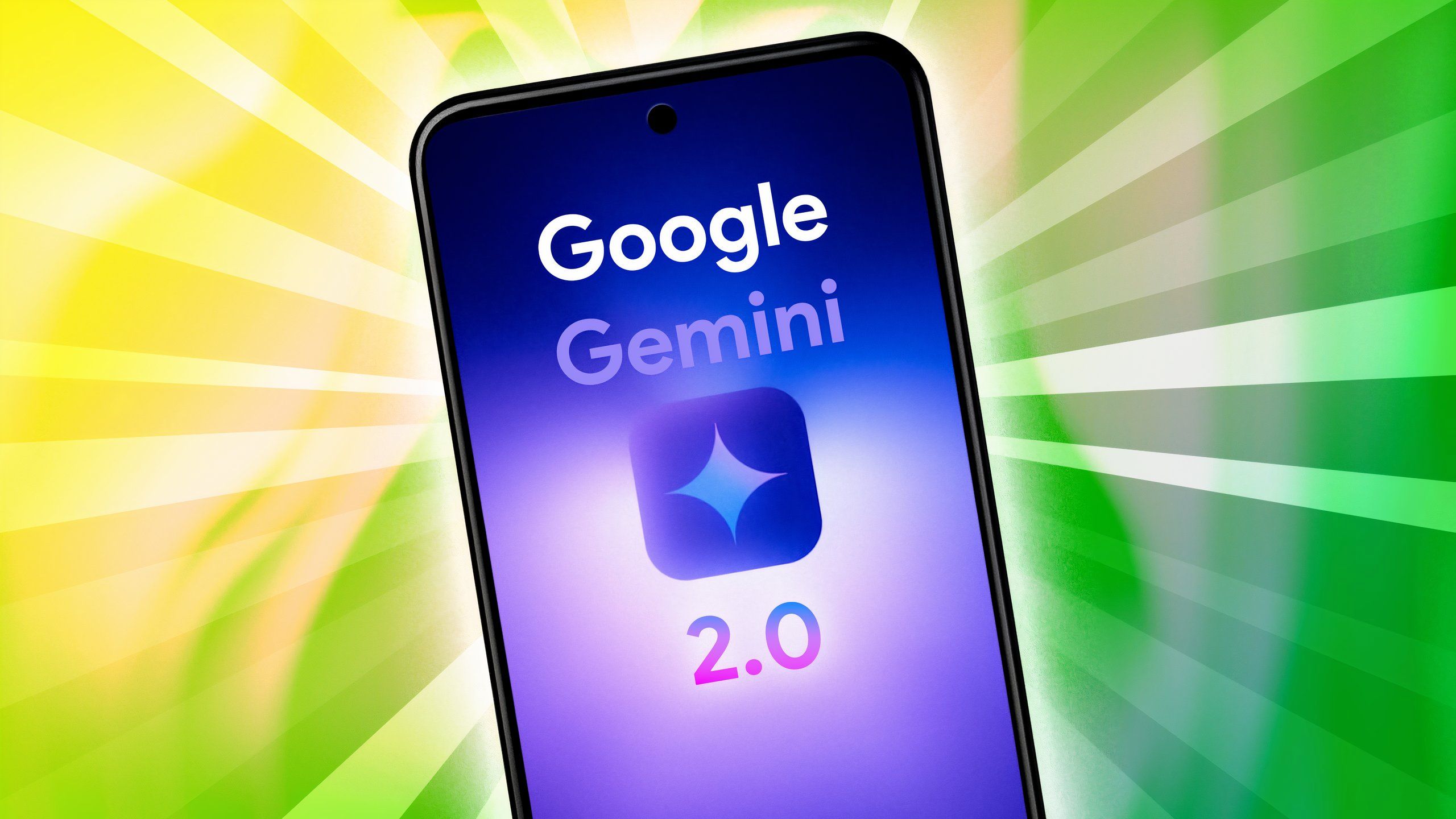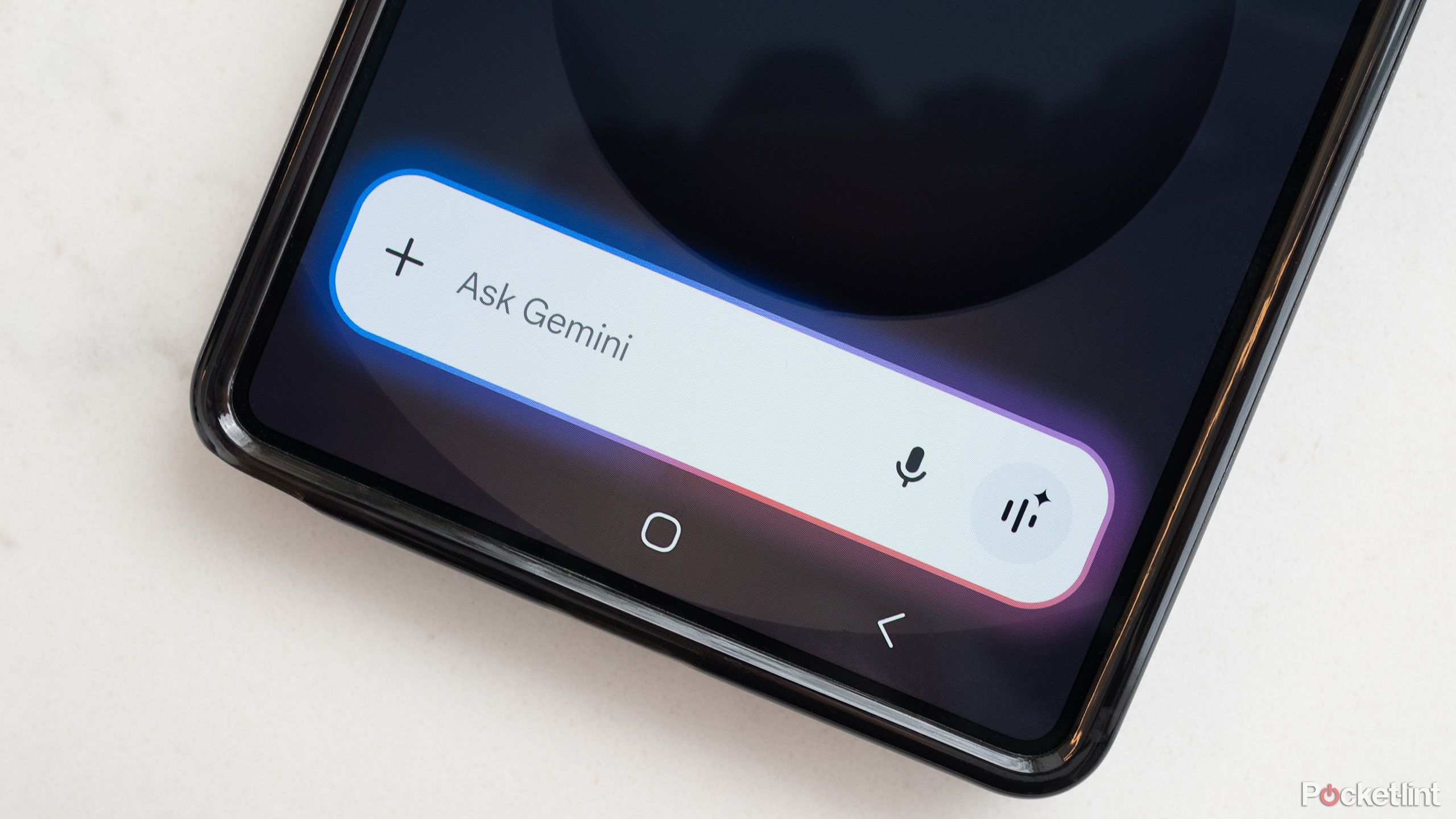Summary
- Google’s Threat Intelligence Group (GTIG) has uncovered evidence of government-backed threat actor use of Gemini AI.
- According to Google, this misuse of Gemini can be traced back primarily to the nation states of China, Russia, Iran, and North Korea.
- Google reports that Gemini is being exploited for coding, spying, and post-compromise activities, among other malicious use cases.
A new report published by the Google Threat Intelligence Group (GTIG) has Gemini and generative AI once again in the news, but this time for all the wrong reasons. The tech giant’s cybersecurity research group has uncovered substantive evidence of Gemini AI being used illicitly by criminal enterprises.
Most worryingly, the tech giant has identified government-backed Gemini misuse. Specifically, geopolitical adversaries of the West — namely China, Russia, Iran, and North Korea — have allegedly sanctioned the exploitation of Google’s AI software.
Related
Google launches Gemini 2.0, ushering in the era of AI agents
The tech giant has launched Gemini 2.0 globally and revealed several of the experimental projects powered by it.
“Government-backed attackers attempted to use Gemini for coding and scripting tasks, gathering information about potential targets, researching publicly known vulnerabilities, and enabling post-compromise activities, such as defense evasion in a target environment,” says Google.
A detailed breakdown of state-backed weaponization of Google Gemini can be found over on the Threat Intelligence section of the company’s Cloud Blog site. Per-nation findings are outlined in an extensive chart, as well as categorizations by both Advanced Persistent Threat (APT) and Information Operations (IO) metrics.
The former metric refers to government-backed hacking activity, such as cyber spying and malicious network attacking. The latter, meanwhile, describes such things as deceptive influence campaigns, as well as coordinated flooding of social media comment sections.

Related
AI wars: Is Gemini or Apple Intelligence the smarter choice?
Gemini and Apple Intelligence are both likely available on one of your devices, but which one is better?
As a technology, generative AI is as exciting as it is terrifying
Gemini and other GenAI solutions have massive potential to positively shape the future, but there are inherent risks along the way
Generative artificial intelligence tools, as well as large language models (LLMs), have rapidly burst onto the scene over the past couple of years. We’ve witnessed the rapid evolution of OpenAI’s ChatGPT, with competition in the form of Meta’s AI, X’s Grok, Microsoft Copilot, and, of course, Google’s Gemini.
Most recently, China’s DeepSeek AI chatbot has taken the tech industry by storm, owing to its open-source nature, its powerful knowledge base, and its potential geopolitical ramifications.
It’s entirely unclear how GenAI tools and technologies will evolve in the months and years to come. In a recent White House press conference, OpenAI CEO Sam Altman hyped up the potential for AI to solve deadly diseases and cancers, which is a deeply exciting prospect.
The AI climate is dynamic and competitive, with major players all vying for a slice of the lucrative pie.
However, as with any other technological innovation, bad actors will undoubtedly leverage the new tools at their disposal for nefarious purposes. Google’s confirmation of state-backed adversarial Gemini usage is a prime example of the risks we face as AI continues to permeate the globe.
The AI climate is dynamic and competitive, with major players all vying for a slice of the lucrative pie. The existence of Threat Intelligence Groups, such as Google’s in-house GTIG, is an important resource as tech giants continue wading deeper into uncharted algorithm-rich territory.

Related
5 surprising Gemini 2.0 upgrades that actually improve Google’s AI
There’s a lot new in Gemini 2.0, but these features actually make a difference.
Trending Products

15.6” Laptop computer 12GB DDR4 512GB SSD, Quad-Core Intel Celeron N5095 Processors, Home windows 11 1080P IPS FHD Show Laptop computer Laptop,Numeric Keypad USB 3.0, Bluetooth 4.2, 2.4/5G WiFi

Wireless Keyboard and Mouse Combo, EDJO 2.4G Full-Sized Ergonomic Computer Keyboard with Wrist Rest and 3 Level DPI Adjustable Wireless Mouse for Windows, Mac OS Desktop/Laptop/PC (Black)

Logitech Signature MK650 Combo for Business, Wireless Mouse and Keyboard, Logi Bolt, Bluetooth, SmartWheel, Globally Certified, Windows/Mac/Chrome/Linux – Graphite

ASUS VA24DQ 23.8â Monitor, 1080P Full HD, 75Hz, IPS, Adaptive-Sync/FreeSync, Eye Care, HDMI DisplayPort VGA, Frameless, VESA Wall Mountable ,BLACK

TP-Link AXE5400 Tri-Band WiFi 6E Router (Archer AXE75)- Gigabit Wireless Internet Router, ax Router for Gaming, VPN Router, OneMesh, WPA3

GAMDIAS White RGB Gaming ATX Mid Tower Computer PC Case with Side Tempered Glass and Excellent Airflow Design & 3 Built-in 120mm ARGB Fans

Wi-fi Keyboard and Mouse Combo, MARVO 2.4G Ergonomic Wi-fi Pc Keyboard with Telephone Pill Holder, Silent Mouse with 6 Button, Appropriate with MacBook, Home windows (Black)

Thermaltake View 200 TG ARGB Motherboard Sync ATX Tempered Glass Mid Tower Computer Case with 3x120mm Front ARGB Fan, CA-1X3-00M1WN-00







